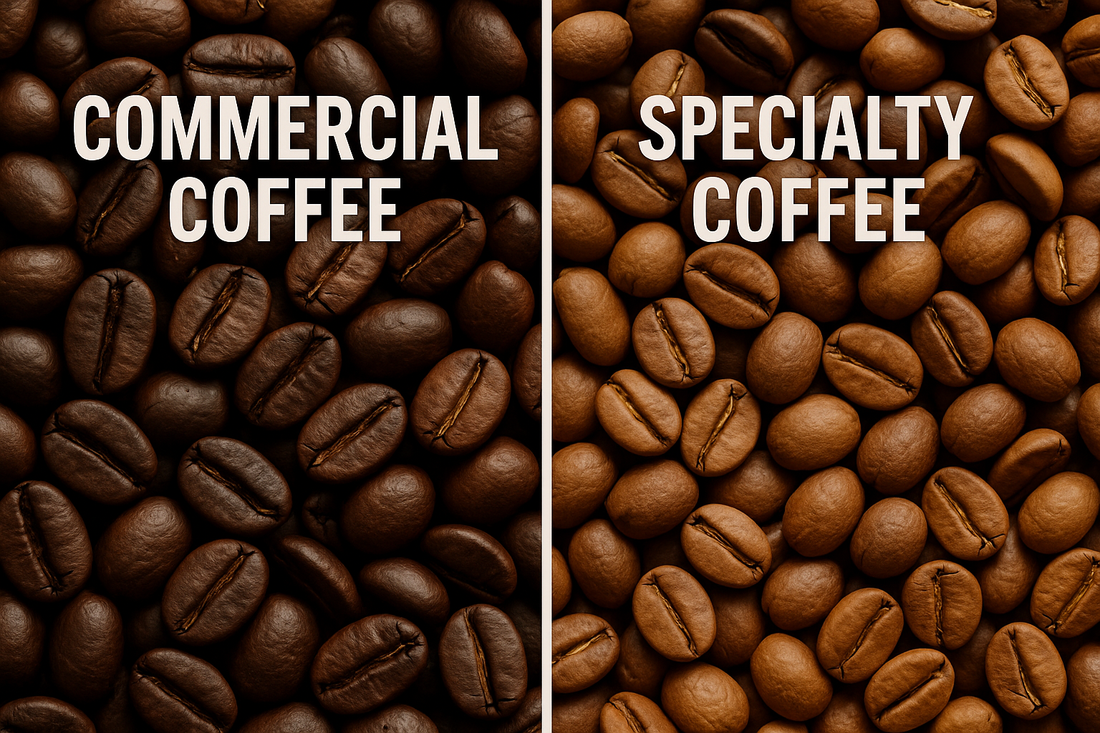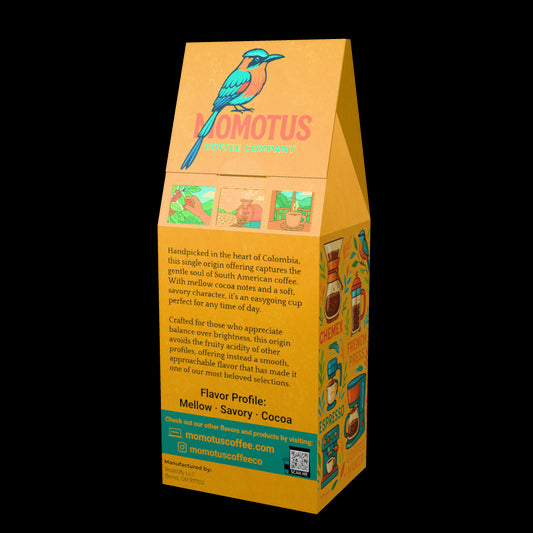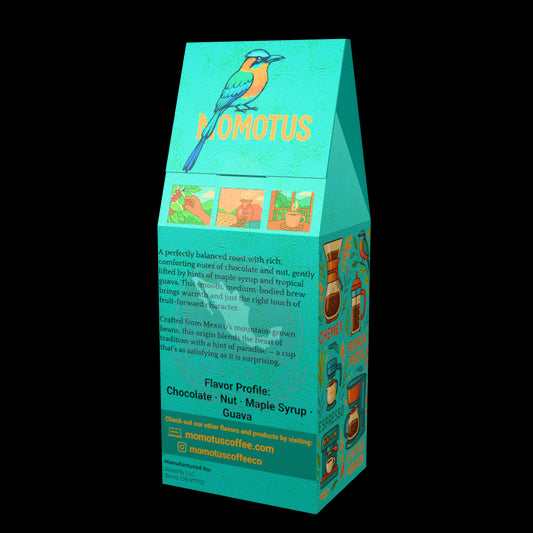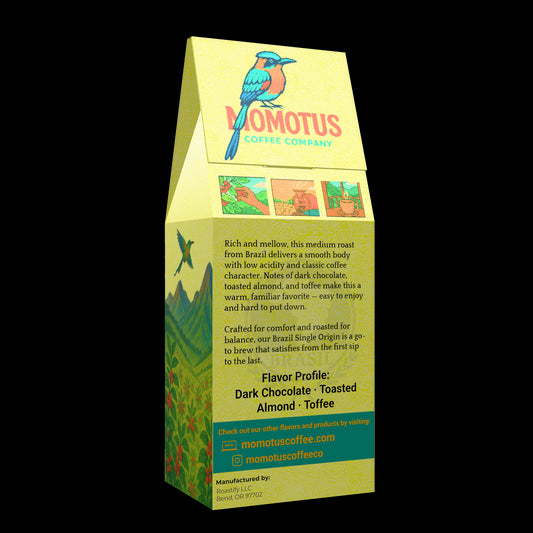
Commercial Coffee vs Specialty Coffee: 7 Key Differences Every Coffee Lover Must Know
Share
Commercial Coffee vs Specialty Coffee: The Ultimate Guide for Coffee Lovers
Introduction to Commercial Coffee and Specialty Coffee
Coffee is more than just a morning ritual — it’s a global culture. But not all coffee is created equal. In fact, there’s a big difference between commercial coffee and specialty coffee, and understanding it can completely change how you enjoy your daily cup. Whether you’re sipping a quick brew from a supermarket tin or a carefully crafted pour-over from an artisan café, the quality, taste, and ethical impact vary drastically.
What is Commercial Coffee?
Commercial coffee refers to the mass-produced beans commonly found in grocery stores and large coffee chains. It prioritizes quantity over quality, often blending beans from different regions for a consistent flavor — even if that flavor is somewhat generic.
What is Specialty Coffee?
Specialty coffee, on the other hand, is grown under ideal conditions, hand-picked at peak ripeness, and scored above 80 points by the Specialty Coffee Association (SCA). It’s not just coffee — it’s an artisanal craft focusing on flavor complexity, ethical sourcing, and freshness.
Why This Comparison Matters for Coffee Drinkers
Choosing between these two isn’t just about taste — it’s about supporting farming practices, understanding pricing, and aligning your coffee with your values.
Origins and Production Methods
Commercial Coffee: Mass Production and Consistency
Commercial coffee farms often use mechanical harvesting and industrial processing methods. The focus is on efficiency, producing large volumes for global markets. This usually means beans of mixed quality, with little attention to flavor subtleties.
Specialty Coffee: Artisanal Growing and Processing
Specialty coffee comes from farms that value terroir — the environmental factors affecting the bean’s taste. Farmers may use natural or washed processes and small-batch roasting to enhance the bean’s unique flavor profile.
Grading Standards and Quality Control
Commercial Coffee Grading
Commercial coffee is typically graded on visual appearance and basic taste, but defects are common, and quality control is less strict.
Specialty Coffee Scoring by the SCA
Specialty coffee must meet strict SCA standards, free from primary defects, and evaluated for aroma, flavor, acidity, body, and aftertaste.
Flavor Profiles and Tasting Experience
Commercial Coffee Taste
Expect a bold but flat taste — often bitter, sometimes burnt — designed for uniformity across batches.
Specialty Coffee Flavor Complexity
Specialty coffee offers layered flavors like floral, fruity, or chocolatey notes, with a clean finish and pleasant acidity.
Sustainability and Ethical Practices
Commercial Coffee’s Environmental Impact
Large-scale farming can involve deforestation, heavy pesticide use, and poor labor conditions.
Specialty Coffee Ethics
Specialty coffee often supports Fair Trade or Direct Trade models, ensuring farmers are paid fairly and environmentally friendly practices are followed.
Price Differences Explained
Why Commercial Coffee is Cheaper
Low production costs, large-scale harvesting, and blending make it more affordable.
The True Cost of Specialty Coffee
Higher prices reflect careful cultivation, ethical sourcing, and limited supply.
How to Choose Between Commercial and Specialty Coffee
If you value affordability and convenience, commercial coffee works. If you seek flavor excellence, ethical farming, and freshness, specialty coffee is worth the investment.
Brewing Tips for the Best Experience
Best Brewing for Commercial Coffee
Drip machines and espresso work well for masking inconsistencies.
Brewing Specialty Coffee
Pour-over, AeroPress, and French press highlight delicate flavors.
FAQs
Is specialty coffee always better than commercial coffee?
Not always — taste is personal, and some prefer commercial coffee’s familiarity.
Can commercial coffee be good quality?
Yes, some premium commercial blends are surprisingly good.
Why is specialty coffee more expensive?
Due to farming methods, ethical sourcing, and quality control.
What brewing method is best for specialty coffee?
Manual brewing like pour-over enhances flavors.
How can I tell if I’m drinking specialty coffee?
Check for an SCA score or direct trade sourcing.
Is instant coffee considered commercial coffee?
Yes, most instant coffee is mass-produced and falls under commercial coffee.
Conclusion: Choosing Your Perfect Cup
The choice between commercial coffee vs specialty coffee depends on your priorities — whether it’s budget, taste, or supporting ethical farming. Either way, knowing the difference helps you appreciate every sip.









1 comment
Un artículo muy completo, muchas gracias por compartir.